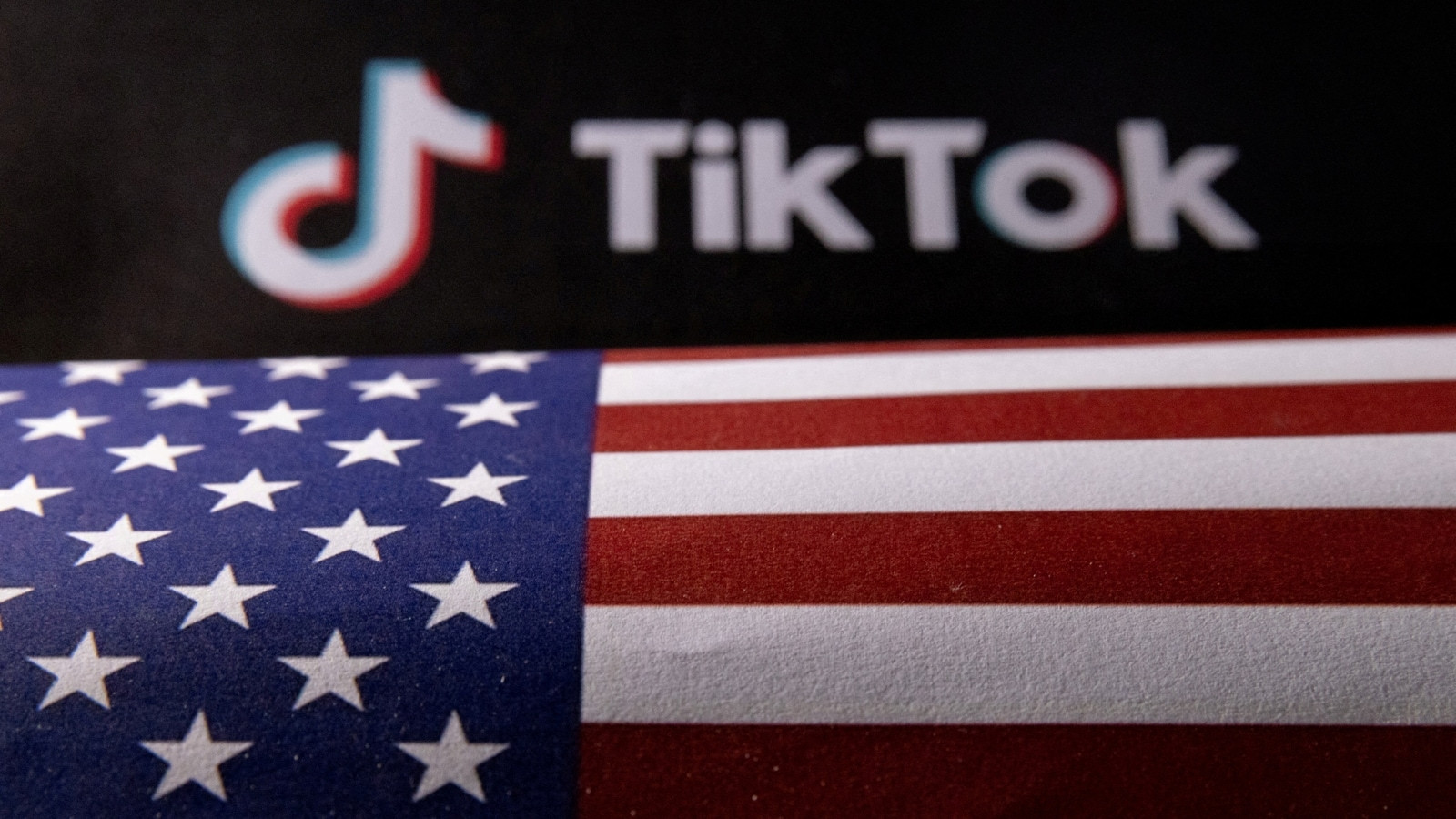TikTok Ban Upheld: Appeals Court Rejects Free Speech Claims, Setting Stage for Supreme Court Showdown
A federal appeals court delivered a significant blow to TikTok on Friday, upholding a law that mandates the sale or nationwide ban of the popular video-sharing app unless it completely divests from its Chinese-based owner, ByteDance. The court's decision rejected TikTok's argument that the ban violates the First Amendment rights of its millions of American users. This ruling sets the stage for a potential Supreme Court showdown and throws the app's future in the United States into considerable uncertainty.
The court's ruling emphasizes the national security concerns at the heart of the ban, outweighing TikTok's free speech arguments. The judges stated that the government's actions were "precisely" because of TikTok's "expansive reach" and the perceived threat of data collection and potential manipulation by the Chinese government. They explicitly argued that the government acted to protect free speech from a foreign adversary, not to suppress it.
National Security Concerns Prevail
The appeals court's decision highlighted the central role of national security concerns in justifying the ban. The judges underscored the potential for TikTok's data to be accessed and used by the Chinese government, thereby representing a substantial threat to the national security of the United States. This assessment aligns with concerns raised by lawmakers and national security officials for years regarding potential data breaches and manipulation of content by the Chinese Communist Party. The ruling emphasizes that the government's intention is to protect American free speech from foreign interference, not to stifle it domestically.
The Government's Argument
The government's position, as articulated by Attorney General Merrick Garland, centers on the prevention of TikTok's use as a tool to gather sensitive information on Americans and covertly influence public discourse. This perspective has been consistently emphasized by national security officials and lawmakers from both political parties, who argue that Chinese national security laws compel companies to cooperate with intelligence gathering efforts. The concern isn't hypothetical; it's rooted in the real potential for exploitation of the app's vast user base and algorithmic capabilities.
First Amendment Challenges and Legal Recourse
Critics of the ban, including the Knight First Amendment Institute at Columbia University, voiced strong concerns about the court's decision. They argue that the ruling sets a dangerous precedent that could be applied to other social media platforms and significantly restrict Americans' access to information and ideas from abroad. Jameel Jaffer, the institute's executive director, characterized the ruling as deeply misguided and expressed hope that it would not be the final word on the matter. The decision is viewed as a significant setback for free speech advocates, opening up a broader debate about the balance between national security and individual rights in the digital age.
TikTok's Response
A TikTok spokesperson indicated the company intends to appeal the ruling to the Supreme Court, emphasizing that the ban is based on inaccurate information and would silence the voices of millions of Americans. The spokesperson underscored TikTok's commitment to protecting user data and its assertion that the app is not for sale, even under duress. This appeal to the Supreme Court represents a crucial next step in a long-running legal battle that could reshape the relationship between social media, national security, and free speech protections in the United States.
Uncertain Future for TikTok in the US
The ruling leaves TikTok on an uncertain path. The company has until January 19, 2025, to either divest from ByteDance or face a nationwide ban. This deadline is rapidly approaching, adding urgency to the appeals process. While President-elect Donald Trump previously voiced opposition to the ban, his position now remains unclear and, even if he were to intervene, faces significant hurdles given the strong bipartisan support for the national security concerns. The legal battle is far from over, and the potential ramifications extend far beyond a single social media platform, touching upon the broader intersection of national security, technological advancement and fundamental rights.
Potential Outcomes and Implications
Several scenarios could unfold. A successful Supreme Court appeal could overturn the ban, while a failure would likely result in a nationwide ban of TikTok within the U.S. The potential for a 90-day extension, conditional on significant progress toward a sale, also remains, although the likelihood of a sale seems low given China's opposition. Regardless of the outcome, the decision highlights the complex challenges of balancing national security concerns with free speech protections in the digital era, raising questions about the future regulation of social media and the implications for technological innovation. The impact on millions of users, creators, and businesses who rely on the platform is undeniable, making this a critical moment for the digital landscape in the United States and globally.
The Long Shadow of the Algorithm
The complexities extend far beyond a simple "on/off" switch. Banning TikTok involves forcing app stores like Apple and Google to remove it, as well as preventing web-hosting companies from supporting it. This illustrates the intricate web of technological infrastructure supporting the platform and the far-reaching consequences of a ban. The court correctly noted that the burden of losing access to TikTok falls upon the PRC's actions, not those of the U.S. government.
The court also rightly recognized that forcing a sale, or even a divestiture from ByteDance, is not as simple as a clean break. The intricate software code that runs the app, particularly the recommendation algorithm, represents years of development, and transferring that expertise is an enormous technological undertaking. The algorithm itself holds great value, and the potential difficulties in a sale or forced re-architecting of that algorithm highlight the practical complexities of implementing the ban. The potential for unintended consequences remains significant, with the outcome potentially impacting the livelihoods of many.
The ruling, therefore, is not just about TikTok; it's about the future of social media regulation, the balance between national security and free speech, and the increasingly complex relationship between technology, government, and individual liberties. The coming weeks and months will be crucial in determining the fate of TikTok, and the lasting implications for all stakeholders remain to be seen. The outcome will undoubtedly shape the global tech landscape and set a significant precedent for future regulatory efforts.

















